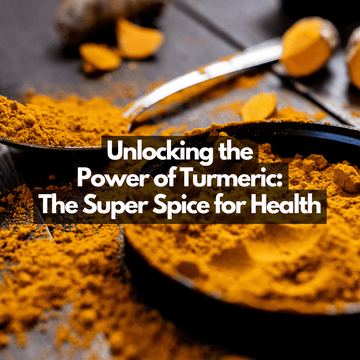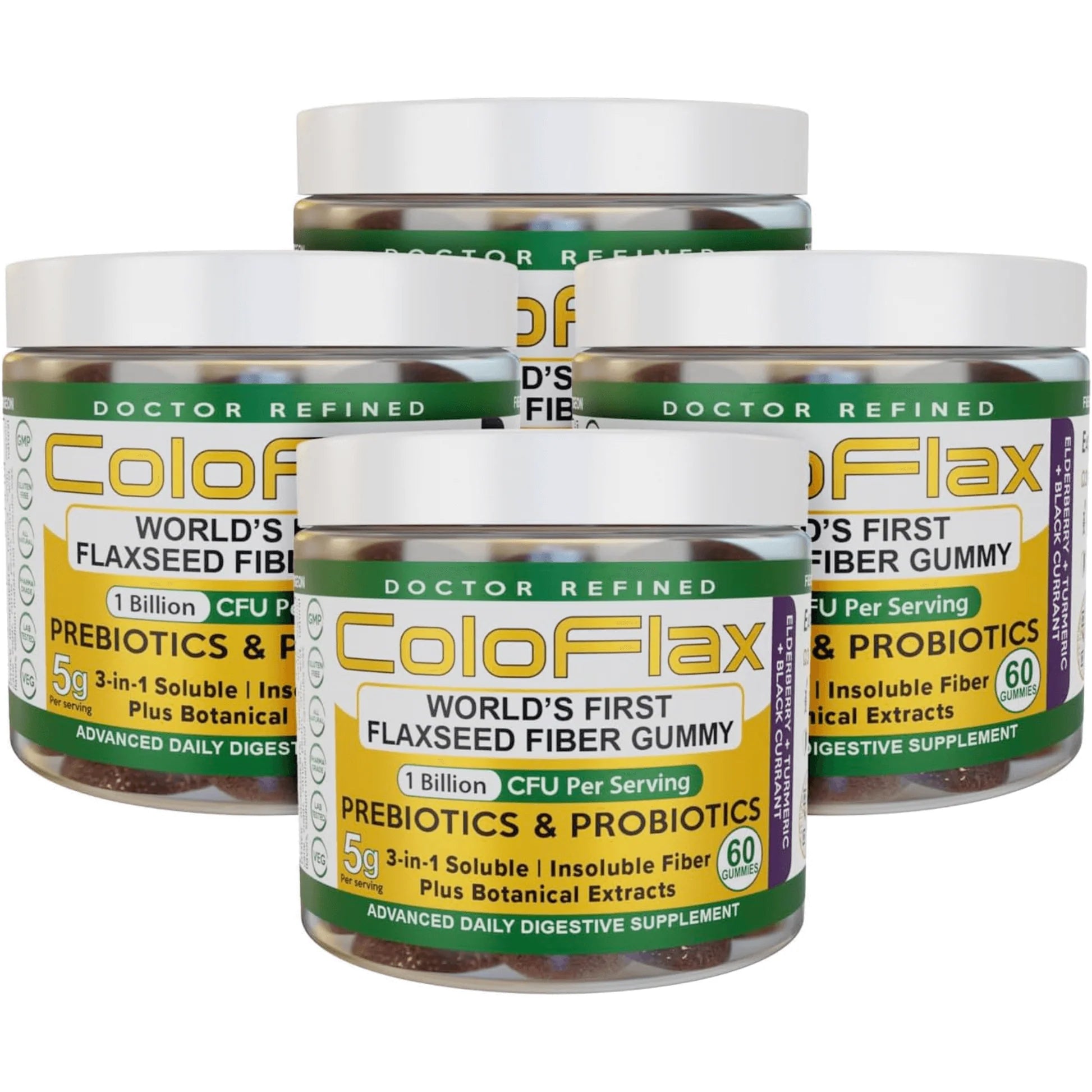Turmeric is everywhere these days. You can find it in powdered and supplement form; you can buy it as a premixed latte, a ready-to-drink smoothie, and even a toothpaste. Unlike many other superfood fads, this one has endured, and that’s because it’s effective.
There are a wealth of studies out there supporting many of the claims made about turmeric, and in this guide, we’ll take a closer look at them.
What are the Health Benefits of Turmeric?
Turmeric (Curcuma longa) is a plant in the ginger family, the rhizome of which is often ground into a powder and used as a spice (a rhizome is simply a mass of roots).
Popular in Indian and Southeast Asian cuisine, turmeric is what gives curries their deep orange color while also adding a warm, peppery flavor.
If you have ever chopped or grated raw turmeric, you’ll know how deep that color can be, as it leaves its distinctive yellow/orange mark on your fingertips, chopping board, and all over your countertops if you’re not careful.
To get the benefits of turmeric, you can cook with it, take it as a supplement, or buy whole/powdered turmeric and use it in lattes, smoothies, and other homemade concoctions. Just make sure you add a dash of pepper, as black pepper contains a compound known as piperine that improves bioavailability by over 2,000%.(1)
The active compounds in turmeric are fat soluble, so many nutritionists recommend taking it along with a little fat, thus helping it to break down better and improve absorption. A little cream or milk in a turmeric latte is usually sufficient, or you can simply take your turmeric supplement along with a main meal.
We have listed some of the evidence-backed benefits of turmeric below. Bear in mind that while turmeric is recognized as safe and widely used as a food, it has not been approved to treat any medical condition by the FDA.
It Has an Antioxidant Effect
It is thought that chronic inflammation and oxidative stress play a role in the development of many chronic diseases, including metabolic syndrome, heart disease, and many degenerative disorders.(2)
A diet rich in antioxidants, therefore, could go some way to combating this oxidative stress/inflammation and reducing mortality risk.
Turmeric could be one such substance. It contains a compound known as curcumin, and it’s this compound that’s believed to be responsible for many of the plant’s health benefits. In large doses, it could play a variety of supportive roles within the body, including the eradication of harmful free radicals.(3)
Curcumin is believed to work in a couple of different ways.
First, it can neutralize free radicals due to its unique chemical structure. Secondly, it could stimulate other antioxidants and improve their effects.
Adding turmeric or curcumin supplements to your diet, therefore, could boost overall health and well-being and increase your body’s defenses.
It Could Support Cardiovascular Health
Heart disease is the biggest killer in the United States, taking more lives than cancer. In fact, in 2021, it claimed more lives than accidents and COVID-19 combined, and the issue seems to be getting worse.(4)
Many causes of heart disease are diet and lifestyle related. Simply put, Americans need to move more, drink/smoke less, and eat better. They should also look for foods that promote cardiovascular health, and turmeric could be one of those foods.
One study found that curcumin could improve the function of the endothelium, a membrane that lines the blood vessels and heart. It noted that 12 weeks of supplementation was enough to improve “resistance artery endothelial function” and “conduit artery endothelial function” in healthy middle-aged and older adults.(5)
In layman’s terms, improper endothelial function is one of the leading causes of heart disease, and improving the condition of this membrane could reduce the risk of heart disease.
That’s not all, either, as there have been a number of other studies highlighting the potential cardiovascular benefits of curcumin.(6)
Of course, that doesn’t mean that turmeric will prevent you from developing heart disease, nor does it mean that it will cure the issue if you already have it. However, if it is taken as part of a healthy diet and lifestyle (no binge drinking, no smoking, no substance abuse), it could help to keep you healthy at all stages of your life.
It Has Shown Promise in Supporting Arthritis Patients
Arthritis is a common issue that causes inflammation of the joints and affects millions of Americans. As curcumin is known to fight inflammation, it has been studied extensively for its effects on arthritis, and while more work needs to be done, the early signs are very promising.
One of the most interesting and often-cited studies was published by BMC back in 2019. It compared the effects of curcumin supplementation with diclofenac in patients with knee osteoarthritis (OA).(7)
Diclofenac is a nonsteroidal anti-inflammatory drug (NSAID) used to treat mild-to-moderate pain. It can be prescribed for a variety of conditions and is commonly given to patients struggling with joint pain, swelling, and stiffness.
During the study, a group of 139 patients was split into two, with one half given a curcumin supplement three times a day and the other given 50mg of diclofenac twice a day. The pain levels were recorded and their side effects were monitored, and researchers noted that “curcumin showed similar improvement in severity of pain… when compared with diclofenac.”
The group that received the curcumin also reported fewer issues with flatulence and heartburn. In fact, none of the patients in this group required H2 blockers (a medication used to treat acid reflux), yet these meds were given to 19 patients in the diclofenac group.
The study concluded that “Curcumin has similar efficacy to diclofenac but demonstrated better tolerance among patients with knee OA.”
Of course, this is just one study based on a relatively small group of people, but it could bode well for future research. It may also be helpful for the many NSAID users who suffer from digestive issues (including heartburn and indigestion) when using these drugs.
It Could Improve Mood and Memory
One of the most interesting benefits of turmeric/curcumin concerns its effect on mood.
A 2013 study looked at the effects of curcumin supplementation on individuals with major depressive disorder (MDD) and found it to be a well-tolerated treatment option that produced results similar to fluoxetine (Prozac).(8)
Interestingly, of the three groups trialed during the study (those taking fluoxetine, those taking curcumin, and those taking a combination of the two), the combination group fared the best. This supports curcumin’s use as a combination therapy.
Other studies have been conducted on curcumin’s potential uses as an antidepressant and many have drawn similar conclusions.(9)
It’s not entirely understood how it provides these benefits, but it’s believed that it could improve neurotransmitters like dopamine and serotonin.(10)
It Could Support Brain Health and Help Patients with Alzheimer’s
Oxidative stress and inflammation play a role in the formation of Alzheimer’s disease and other neurological issues, and it has been suggested that curcumin could help to treat and prevent these issues.(11)
For instance, it could clear a type of plaque that builds up in patients with Alzheimer’s.(12)
It may also improve memory and learning, though this is an area of research that needs more work and there’s still a lot that we don’t know about dementia, Alzheimer’s, and the role that curcumin plays.
It Is Cheap, Abundant, and Very Well-Tolerated
More research needs to be conducted before anyone can conclusively say that turmeric helps with any specific conditions. There are also concerns about its bioavailability, although these are largely remedied by the introduction of piperine, as noted above.
However, turmeric is widely available and cheap, so everyone has access to this spice. More importantly, it doesn’t produce a long list of side effects and is well tolerated even in large doses.
As a result, even if it only yields minor effects, it could still play an important role as a complementary medicine (one used alongside prescription, OTC, and herbal medications).
It May Help with Age-Related Conditions
Curcumin has been posited as an anti-aging drug, mainly due to its effects on oxidation and inflammation. By targeting these common issues, curcumin could improve the quality of life for countless elderly people while also reducing their risk for a number of health issues.
We don’t yet know how beneficial it is or how much of a difference—if any—it can make, but it’s one of the areas being studied by researchers.
What is the Nutritional Profile of Turmeric?
Although turmeric is widely considered to be a healthy and beneficial root, it’s not nutritional in the same way as many fruits and vegetables. The benefits stem from its unique antioxidant compounds, as opposed to its vitamin and mineral profile.
Still, it’s not completely devoid of nutrients in that department.
A single tablespoon of turmeric powder contains around 30 calories, with only 0.3g of both fat and sugar. It has less than a gram of protein and over 2g of fiber, making for a nice addition to your daily intake.
That tablespoon will give you over a quarter of your daily manganese, but this is a fairly abundant nutrient that most people get from other sources. For instance, you will get roughly the same amount of manganese from a single cup of black tea.
Turmeric also has a small amount of potassium and vitamin C, as well as around a sixth of your recommended intake of iron.
Summary: Turmeric and Other Superfoods
As impressive as turmeric is, it’s not the ultimate panacea. You can’t simply take turmeric every day and then expect all of your aches, pains, and other issues to go away. It can help—probably—but it should be taken as part of a healthy diet, preferably alongside other potent superfoods and herbal medicines.
Our very own ColoFlax is a great example. We were so impressed by the possible benefits of turmeric that we included it in our ColoShield™ proprietary formula, alongside elderberry and black currant, two natural substances that are very high in antioxidants.
ColoFlax Flaxseed Fiber Gummies are also packed with probiotics, soluble fiber, and insoluble fiber, with as much as 5g of fiber per serving.
It’s a great way to support your daily digestive health. Pick up a bottle of ColoFlax today to get your daily dose of turmeric, fiber, and more.
References
- https://www.ncbi.nlm.nih.gov/pmc/articles/PMC5664031/
- https://www.ncbi.nlm.nih.gov/pmc/articles/PMC6636482/
- https://pubmed.ncbi.nlm.nih.gov/33041781/
- https://www.cdc.gov/nchs/fastats/leading-causes-of-death.htm
- https://www.ncbi.nlm.nih.gov/pmc/articles/PMC5310664
- https://www.mdpi.com/2077-0383/9/3/746/htm
- https://trialsjournal.biomedcentral.com/articles/10.1186/s13063-019-3327-2
- https://pubmed.ncbi.nlm.nih.gov/23832433/
- https://www.hindawi.com/journals/tswj/2009/624894/
- https://www.frontiersin.org/articles/10.3389/fpsyt.2020.572533/full
- https://www.ncbi.nlm.nih.gov/pmc/articles/PMC5950688
- https://pubmed.ncbi.nlm.nih.gov/16988474/






